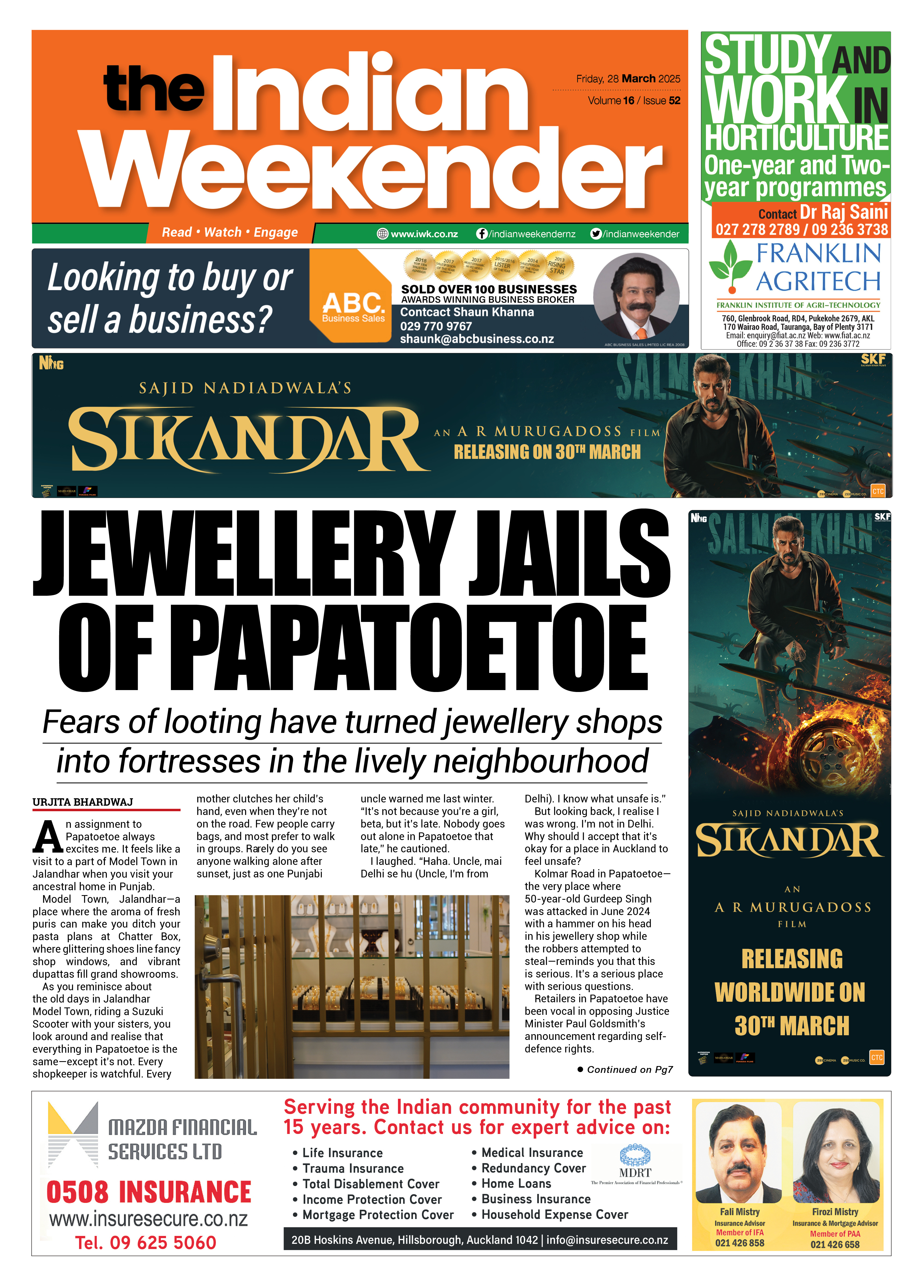Choices In TV News & Current Affairs Important To Most - Survey

New research shows strong demand among the public for a range of platforms to access local news.
The television news sector has been making headlines in recent weeks with plans to shut down Newshub and to axe almost 70 jobs at TVNZ.
Research New Zealand surveyed 1000 New Zealanders 18 years and older on the importance of choice in television channels for news and current affairs, and in having local news on television compared with online and digital platforms (e.g. apps).
It found 67 percent of respondents believed it was either important (38 percent) or extremely important (29 percent) to have a choice in television channels for news and current affairs.
Of those surveyed, 75 percent also felt it was important (42 percent) or extremely important (33 percent) to have news and current affairs on TV.
While 74 percent believed it was important (47 percent) or extremely important (27 percent) to have news on online and other digital platforms.
Research New Zealand managing partner Emanuel Kalafatelis told RNZ's Sunday Morning the survey showed there was not one single medium people were going to for news.
"They're saying to us well actually, what I'd like to do is be able to get my local or national news either on television or online depending on my situation at the particular time that I want to access the news."
The respondents' biggest concern was the spread of fake news and misinformation, Kalafatelis said.
High levels of concern were also expressed for news quality, such as indepth analysis, he said.
The survey found 62 percent of people were concerned about a falling trust in the news in general.
"In our opinion, it emphasises the importance that people are placing on having choice of television channels, and also the option of being able to get local and national news either on television online and other digital channels."
It avoided a situation where New Zealanders were getting their news and current affairs from one main source, he said.
Researchers were surprised by the results which showed young people (18 to 34 years old) were just as interested in getting their news from television as older people in the population.





